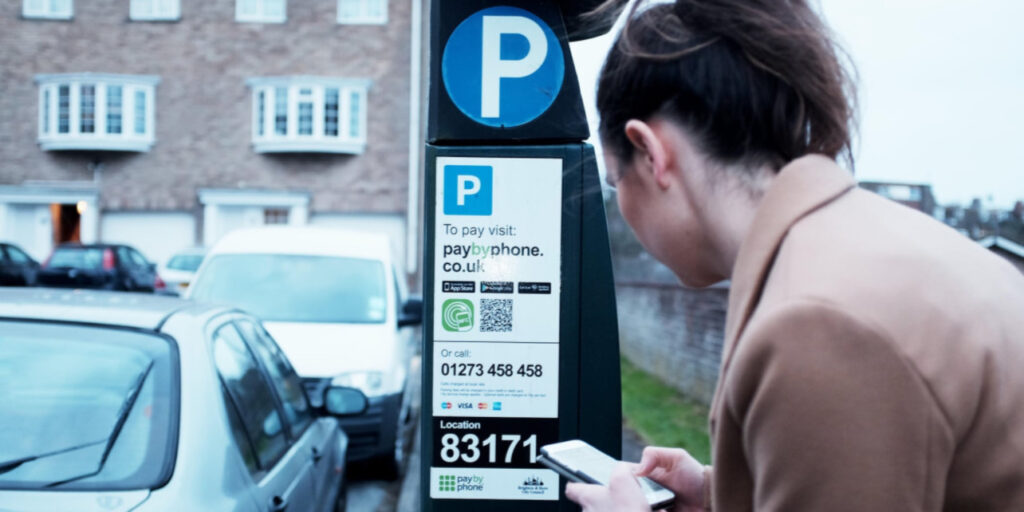Motorists across England are facing steep rises in parking costs as councils impose clean-air surcharges on petrol and diesel vehicles.
Estimates suggest one in five councils now apply environmental levies to parking tariffs and residents’ permits, aiming to deter the use of more polluting vehicles. East Sussex and Bath and North East Somerset are the latest councils to roll out such measures this spring, while two-thirds of London boroughs have already adopted emissions-based parking charges. These levies are separate from low-emission zone penalties applied to older vehicles.
Unlike clean air zones, these additional parking charges are often not clearly signposted. Many drivers only discover the surcharge when paying through parking apps, where the cost can be up to three times higher than expected.
Councils argue that the scheme is vital to tackling air pollution and encouraging greener travel choices. However, motoring groups have criticised the system, warning that inconsistent charging rules and a lack of clear signage leave drivers confused and unfairly penalised.
Charging policies vary widely. Some councils only target diesel vehicles, others exempt those meeting Euro 6 emissions standards, while many base charges on CO2 output or engine size, creating multiple price bands even within the same car park.
In many London boroughs, even Euro 6-compliant vehicles – which are exempt from the capital’s ultra-low emission zone – can still incur clean-air parking fees. Motorists often remain unaware of the final cost until reaching the checkout stage on parking apps.
The AA has described these surcharges as a stealth tax that hits poorer drivers hardest and risks damaging local high streets. A spokesperson said that tying emissions to parking costs is simply a way for councils to generate extra revenue beyond the reasonable provision of services.
Residents and workers have voiced concerns over skyrocketing permit prices. In Lambeth, annual permit costs have risen by as much as 400% since 2023, affecting even key workers like teachers and NHS staff, who now pay up to £1,000 a year to park. Parking charges are divided into 13 bands based on CO2 emissions, with an extra fee for diesel vehicles.
Local resident Will Freeman said his permit for a Euro 6 diesel vehicle rose by over a third this year to £795, after nearly doubling the year before. By contrast, the same permit in nearby Bromley costs £150. Freeman said he bought his car based on the previous pricing structure, but now finds it impossible to predict future costs as rules continue to change without warning.
Lambeth Council said upcoming price rises had been publicised through local media, its website, and email alerts to residents. However, pay-as-you-go parking notices in the borough do not mention the new surcharges.
In Westminster, even electric vehicles now face additional fees, with surcharges based on battery size to reflect both the environmental cost of production and the heavier wear on roads.
Westminster Council stated that its clean-air policy is clearly outlined on parking signs and that funds raised are reinvested into road and environmental improvements.
The increasing reliance on parking apps has allowed councils to implement emissions surcharges more easily. Apps access vehicle details through the DVLA, automatically applying levies based on emissions. Most apps also charge a convenience fee of up to 20p, although drivers using traditional ticket machines can often avoid extra charges.
The Commons transport committee has previously questioned whether it is lawful for councils to hike parking charges for reasons unrelated to the cost of providing the space. While councils can offer discounts for cleaner vehicles, increasing base charges is seen by many as an unlawful tax.
A government spokesperson said that parking charges must be fair and transparent, balancing the needs of residents, businesses, and visitors. Councils are responsible for setting parking costs locally but must ensure any restrictions and fees are clearly communicated.


